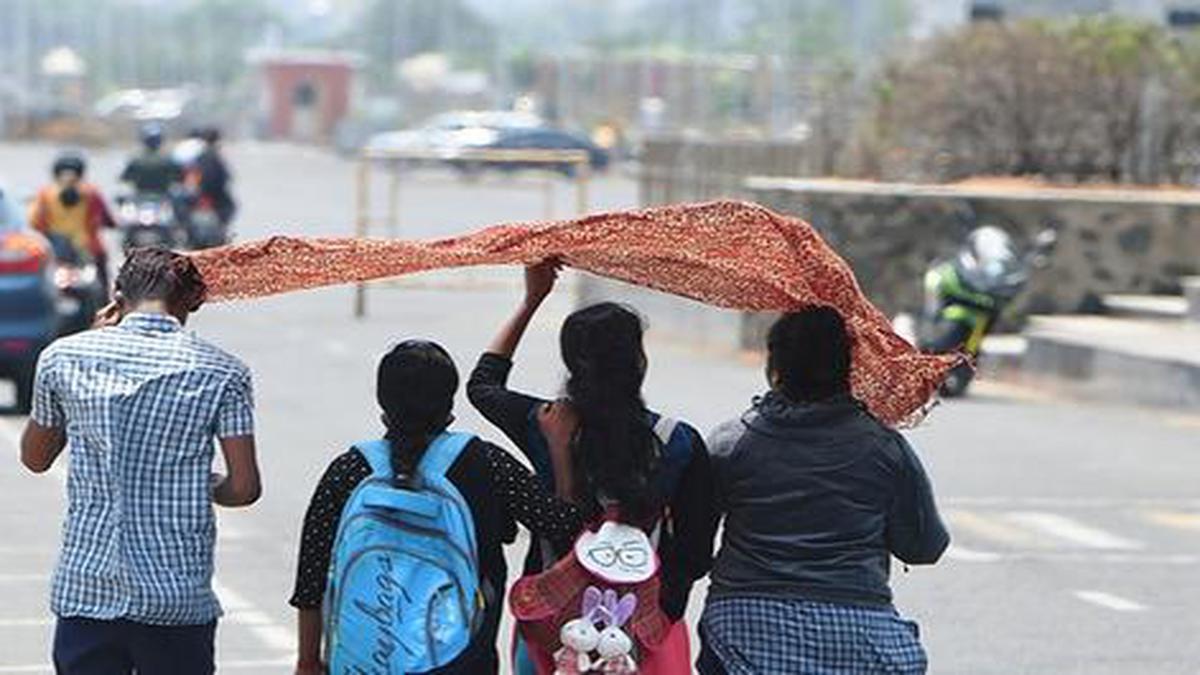
District health officers in Tamil Nadu told to develop heat action plan
The Hindu
Chennai's Directorate of Public Health urges districts to develop Heat Action Plans to combat heat-related illnesses.
With the start of summer season, the Directorate of Public Health (DPH) and Preventive Medicine has asked all district health officers to develop ‘heat action plan’ at the district-level and start heat related illnesses (HRI) surveillance on the Integrated Health Information Platform under the National Programme on Climate Change and Human Health.
In a communication, the DPH asked the district health officers to conduct district task force meetings on climate change and human health and develop the action plan that should lay down the Standard Operating Procedures which will be in place during the heat wave season.
The officers should enter details of heat stroke cases and deaths in the health facilities on the platform, and maintain the linelist of heat stroke cases and heat stroke deaths (suspected/confirmed) and confirmed cardiovascular deaths at the health facility/hospital level. Entry of the linelist on the portal is mandatory.
All medical officers should be aware of identification, management and reporting of HRI. Noting that the Indian Meteorological Department issued exclusive heat-related warnings daily at 4 p.m. with forecast for next four days during the heat wave season, the DPH asked the district nodal officer to identify the vulnerable population/hotspots based on surveillance data and send advisories as per National Disaster Management Authority guidelines.
Health advisories should be issued from time to time to make the public aware of the precautions to be taken to safeguard against heat wave, while health staff, workers of health facilities should be sensitised on heat illness including on symptoms, management and reporting.
Health facilities should be prepared for management of HRI. Procurement and supply of adequate quantities of Oral Rehydration Salt packs, essential medicines, IV fluids, ice packs and equipment to support management of volume depletion and electrolyte imbalance should be ensured. Availability of sufficient drinking water at all health facilities and equipping ambulances with ice packs and cold water for early management of HRI cases should be ensured.
They should coordinate with the Tamil Nadu Generation and Distribution Corporation Limited for uninterrupted electricity supply to hospitals for constant functioning of cooling appliances.













